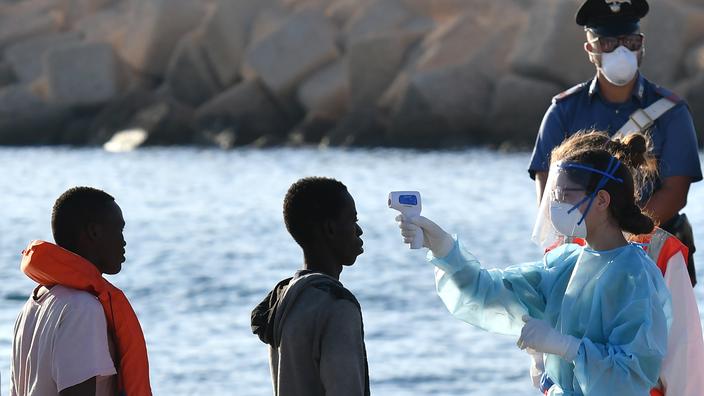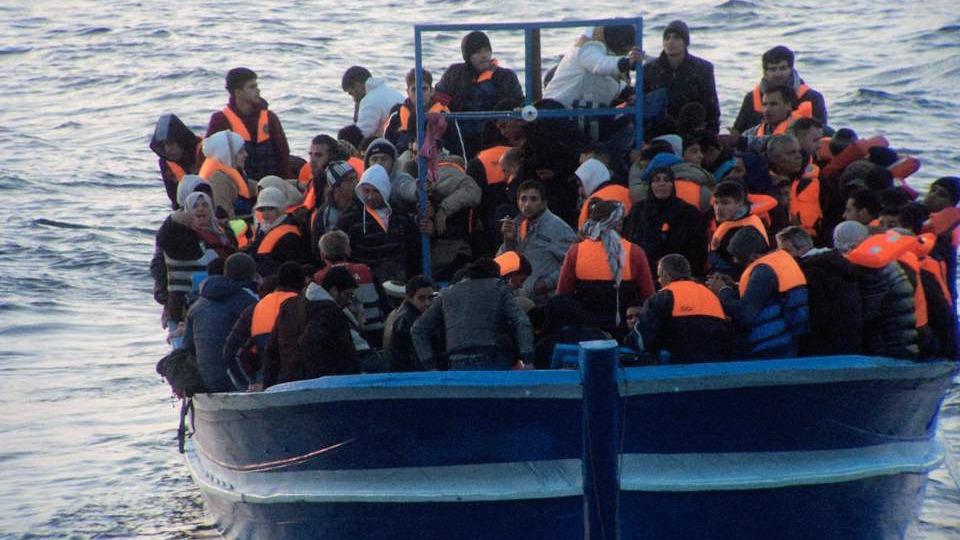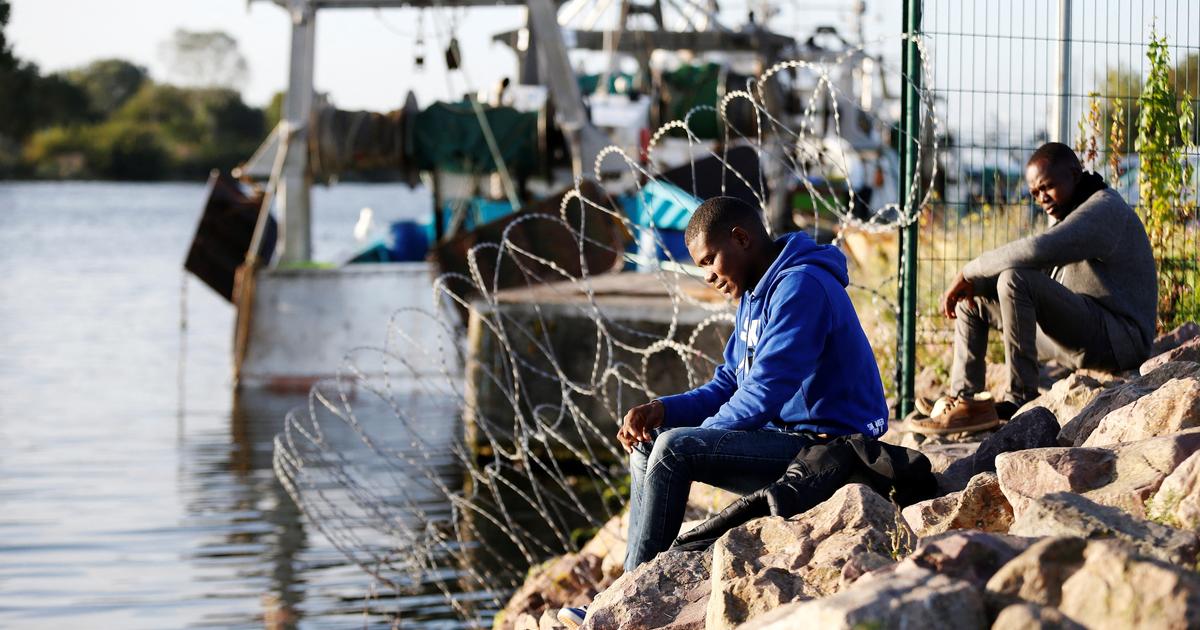While many European countries are closing their borders because of Covid-19, will Italy ... open them a little more?
Italian judges have decided to carry out “
ex officio assessments
” to assess the risks associated with the coronavirus pandemic in the event of the repatriation of a migrant to his country of origin, as reported yesterday Sunday by the
Corriere della Sera
and Euronews .
According to the Italian daily, the court thus decided that "
The Covid risk in the countries of origin can be a reason and a contributing cause for granting" humanitarian protection "in Italy to migrants who do not have the right to asylum political
”.
Read also: In Spain, the Canary Islands overwhelmed by the influx of migrants
A risk of "
further aggravation of a previous personal vulnerability
"
Concretely, the judges explained in orders filed just before Christmas that they would now assess migration files on a case-by-case basis, taking into account the situation in the country of origin from the point of view of the coronavirus epidemic.
It would be, more than a judicial decision that could set a precedent, a perspective that reveals the methodology used by judges.
For this decision, taken autonomously according to
Corriere della Sera
, the latter announced that they were basing themselves on a document from the European Commission research center, the “
Inform Epidemic Global Risk Index
”, which includes 100 different risk indicators linked to epidemics.
For Euronews, “
a pandemic associated with scarce medical resources, poverty and political and social unrest are all arguments that could lead justice to consider the repatriation of a migrant as a risk
”.
For the court, humanitarian protection is therefore granted if a risk of “
further aggravation of a previous personal vulnerability
” is proven.
More precisely, a person could be eligible for reception if a repatriation caused them to sink into living conditions that would not respect human rights.
No automatism, according to the judges
The cases studied by the court when taking into account this methodology are very varied.
First, that of an illiterate person from Bangladesh.
From Italy, he can send money each month to his wife and children, but would not find a livelihood by leaving, especially since he would be sued by creditors in his country of origin.
The court ruled that the epidemic risk and its economic consequences in Bangladesh posed a real risk.
The other files are those of an orphan who arrived from Gambia and who found an internship in Italy, of a 15-year-old Guinean whose
Corriere della Sera
specifies that he is "
terrified at the idea of returning home for fear. of the evil powers of his uncle "sorcerer"
", and finally of a blind Pakistani of 54 years, pursued in his country.
So many cases which have a priori nothing to do with the current epidemic, and yet: "
the experience of these migrants, which in itself would not constitute a reason for humanitarian protection, becomes so when combined with the risk to which they would be confronted
”, reports the newspaper, which quotes the degraded health situation of the countries in question.
Read also: Covid-19: the EU must guarantee migrants' access to the vaccine, according to the International Migration Office
But for some other countries, the situation does not constitute a sesame for entry on Italian soil, according to the Milanese judges.
The
Corriere della Sera
reports and humanitarian protection was not granted to a young Senegalese who fled his country after a financial problem.
In this country where "
the response to the pandemic was rapid
", the judges did not recognize "
specific vulnerability factors which would expose the applicant to an individualized risk in the event of return, considering that he is an adult, of average education. , not suffering from pathologies, and in permanent contact with the family
”.
Read also: Greece: increase in cases of self-harm during confinement in migrant camps
In Italy, faced in 2020 with a significant flow of migrants from sub-Saharan Africa due to Covid-19, the court's explanation will be important.
The country had to manage 34,000 arrivals over the year, almost as many as the years 2018 and 2019 combined.
In France, could the Covid-19 and the precariousness it causes constitute arguments for canceling expulsion measures?
Asked by
Le Figaro
, a lawyer specializing in foreigners' rights (who wished to remain anonymous) does not comment on the reflexes of the judges but remains perplexed: "
they are not very sensitive to the argument of the risk of difficult conditions due to the Covid -19 in the country of origin,
”he notes, stressing that for many African countries, restrictive measures on the economy have been lifted.
"
Similarly, the health situation in France is more worrying that in many of these countries of origin
," he notes.
"
I only use this Covid argument for requests for a residence permit for treatment,
" he adds.
At the international level, the pandemic has in fact mainly negative effects on the return of migrants, as reported in October by the International Office for Migration, which had estimated at nearly 3 million the number of migrants "
prevented from returning home.
By the restrictions imposed to combat the covid-19 pandemic, urgently calling for international cooperation to find solutions to this crisis.









